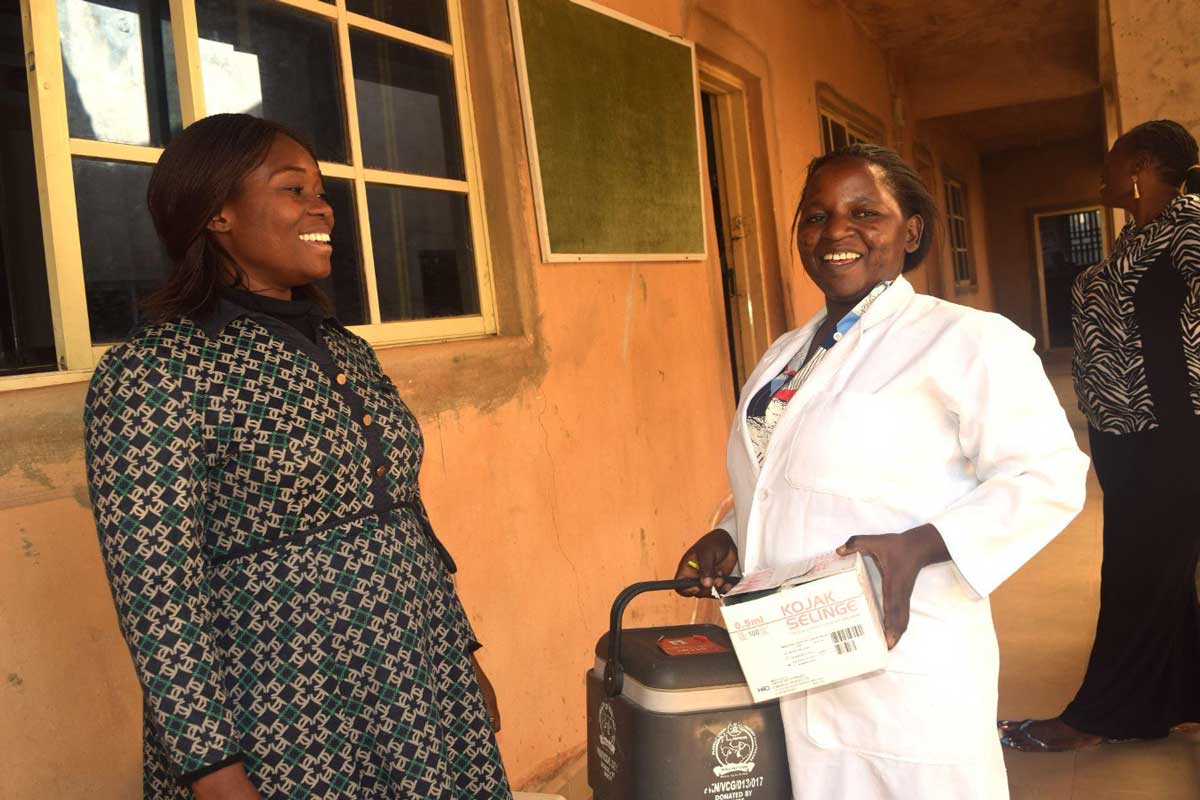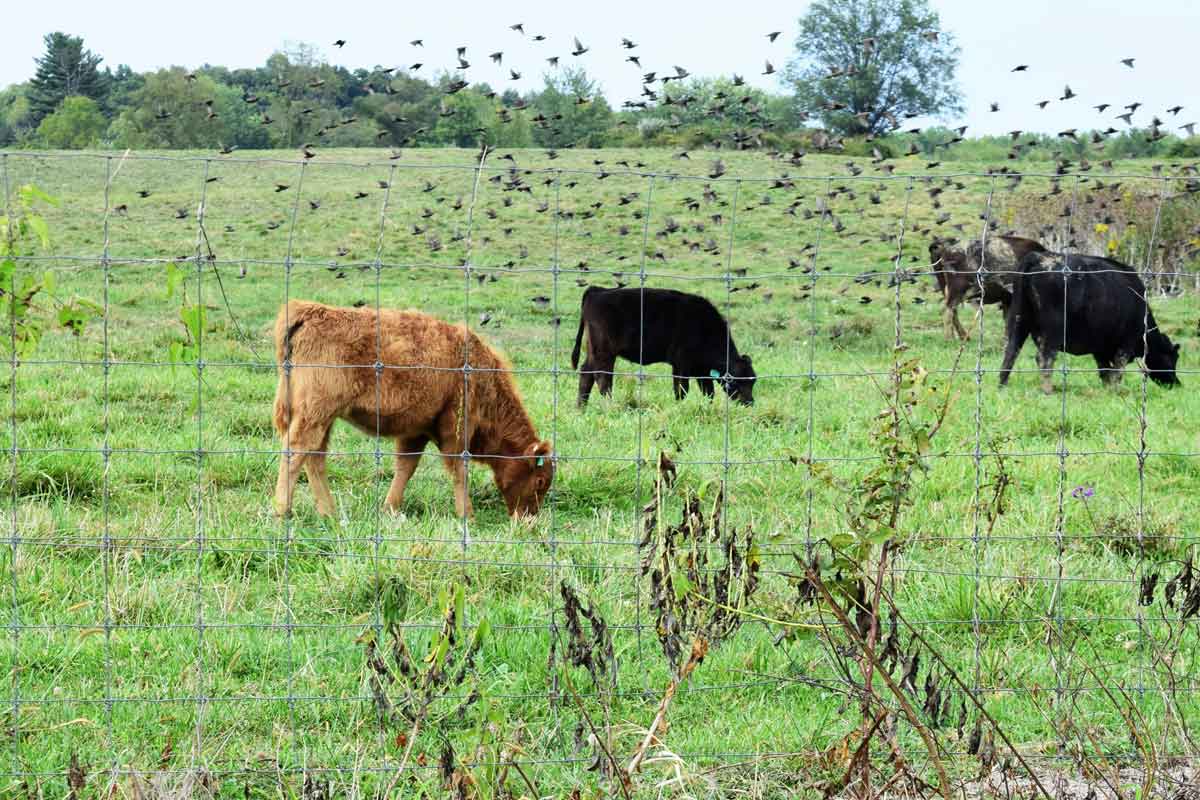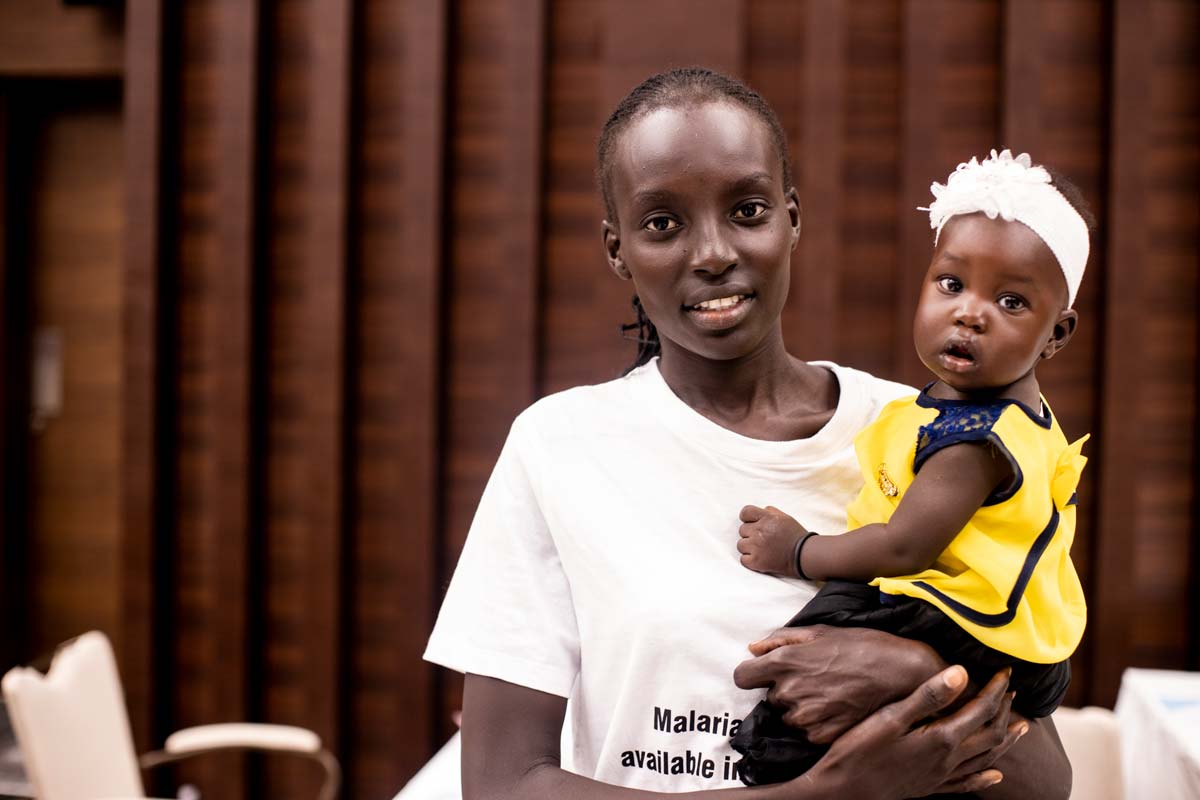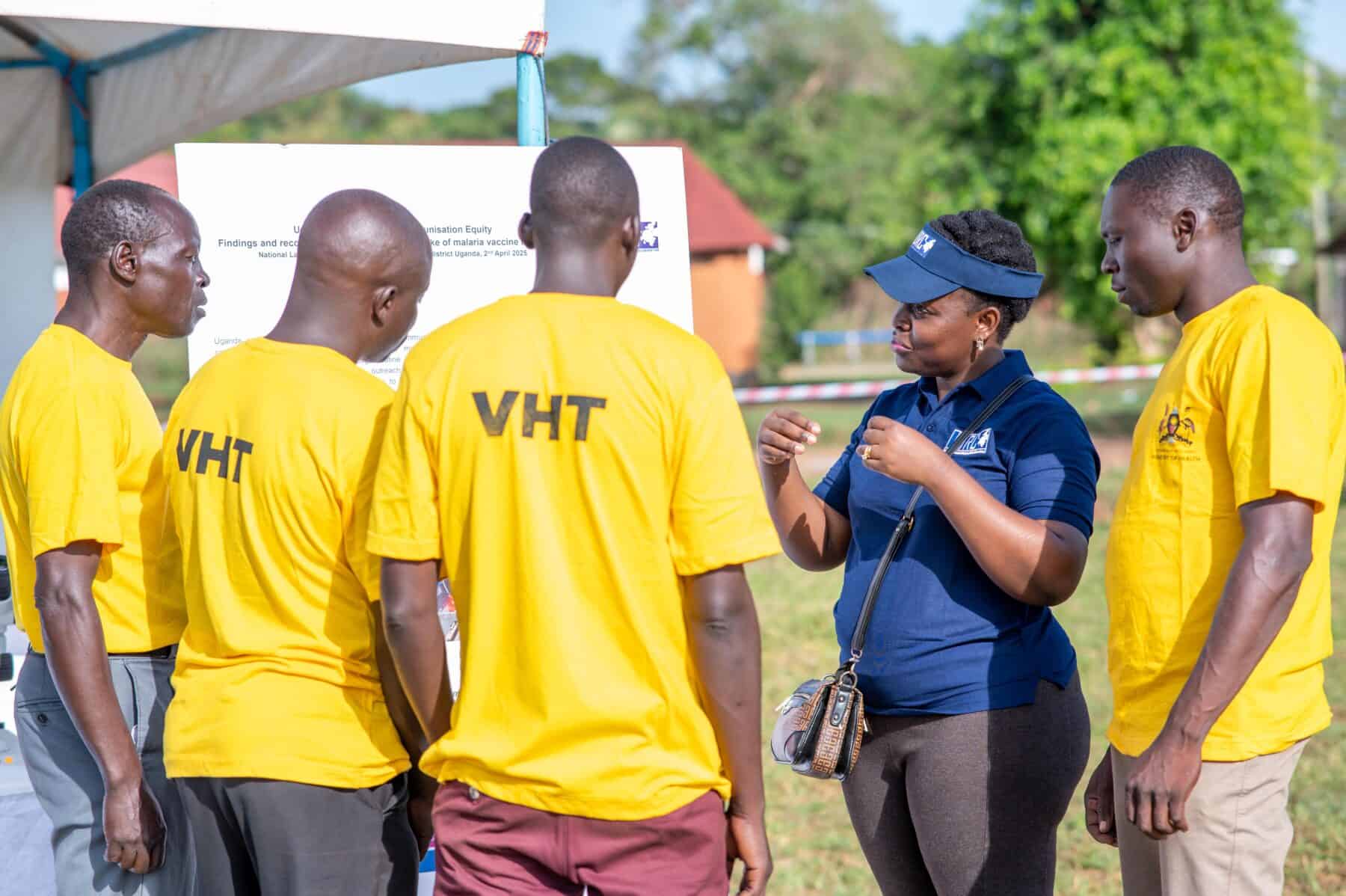A leader’s promise: protecting Nigeria’s girls from cervical cancer
Swirling misinformation risked hobbling uptake of the cancer-blocking HPV vaccine in his community, so local leader Michael Nyam Sila got to work.
- 17 March 2025
- 4 min read
- by Richard Adupong , JSI
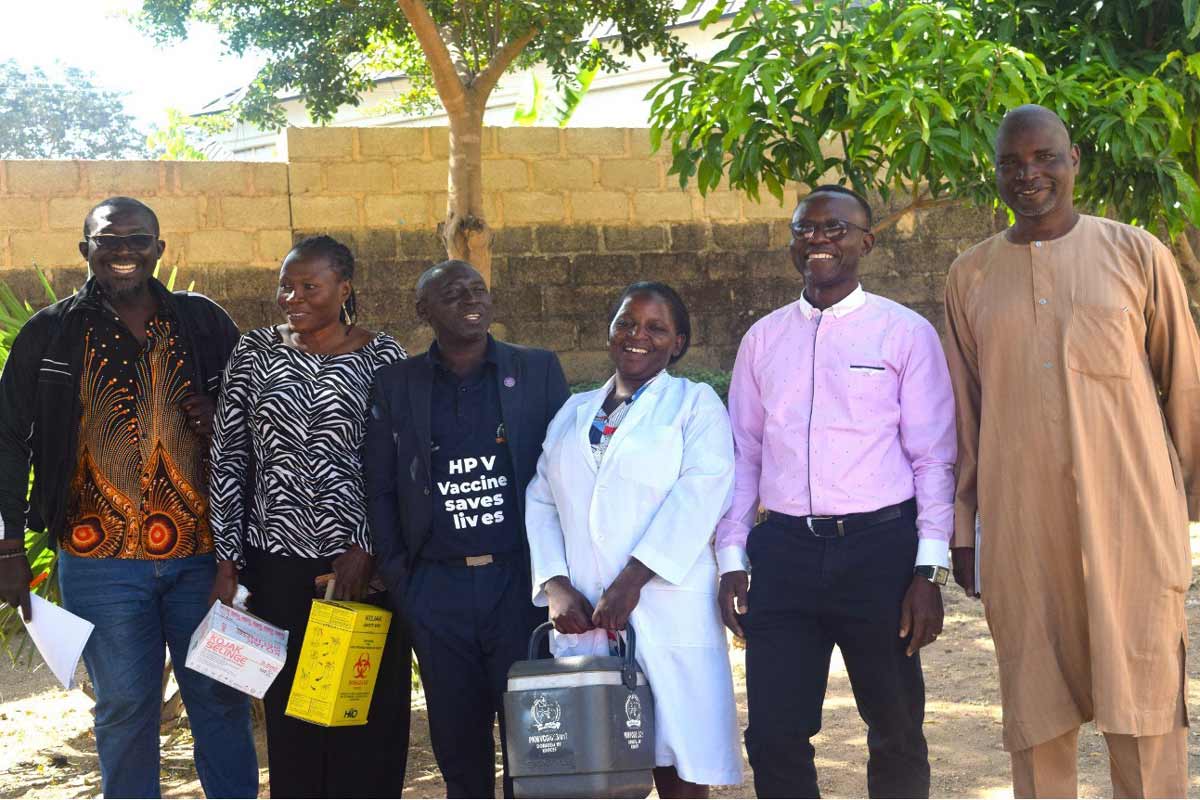
One afternoon last year in Topp Rayfield, a locality on the fringes of Jos in central Nigeria, Michael Nyam Sila’s niece rushed into his house, her eyes wide with worry. “Uncle Michael,” she cried, “I saw something on social media about the HPV vaccine. They say it’s dangerous. Should I take it?”
Sila, the dabajei, or ward-head, of Topp Rayfield, was no stranger to his community’s fears and misconceptions surrounding vaccination campaigns. For years, he had seen the havoc misinformation could wreak. Now, the HPV vaccine, which protects girls from cervical cancer, had arrived in Nigeria, and his niece was eligible to receive it. Having witnessed the heartbreaking loss of many women to cervical cancer, Sila became a passionate advocate for the HPV vaccine, determined to protect the next generation from this preventable disease. According to UNICEF, cervical cancer killed 8,000 women in Nigeria in 2020, with 12,000 new diagnoses, making it the second deadliest cancer in women aged 15 to 44.
“I knew I had to act fast,” Sila recalls. “I couldn’t let my niece, or anyone else in the community, fall prey to lies.”
Growing up in Topp Rayfield, Sila had witnessed many vaccination campaigns, and he knew that the biggest barrier was always the fear of the unknown. Circulating social media posts filled with false claims have made it harder to convince people to trust in the safety and benefits of vaccines. But Sila had earned the trust of his community over his 12 years as a leader, and he wasn’t about to let rumours shake that trust.
“Those posts are lies,” Sila told his niece. “I know the vaccine is safe, and I will ensure you get it.”
Michael’s niece felt comforted by this assurance, but Michael knew that convincing her was just the beginning. “I needed to speak with her parents next,” he said. “I did, and we agreed that she would go for the vaccine. Today, she is safe, healthy and continuing her education.”
Michael’s mission didn’t stop there. He knew the success of any HPV vaccination campaign relies on community-wide trust. As a leader, he had a responsibility to guide his community, a diverse mix of Christians and Muslims, through this health challenge, as he had many times before.
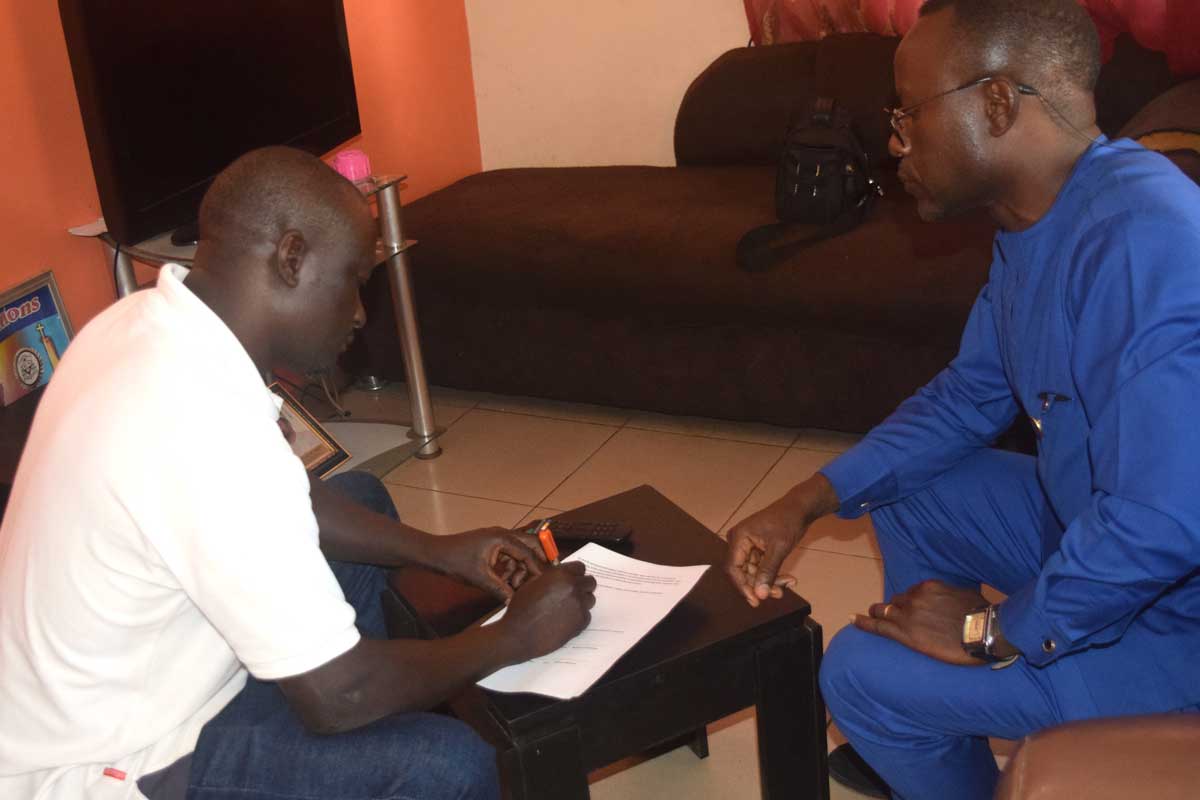
He quickly rallied other community leaders and religious figures to join him in addressing the concerns of community members. “We work together because we know that anything related to health must be tackled as one,” Sila explains. “We go to the churches, the mosques, and we speak directly to the parents, ensuring they understand the importance of protecting their girls.”
Have you read?
Leading from the front
Sila didn’t just talk the talk – he walked the walk. During the COVID-19 pandemic, when many were wary of vaccination, he had used his personal experience as proof. “I told the people that I had been vaccinated and nothing happened to me,” he recalls. “With their trust in me, they followed my example.”
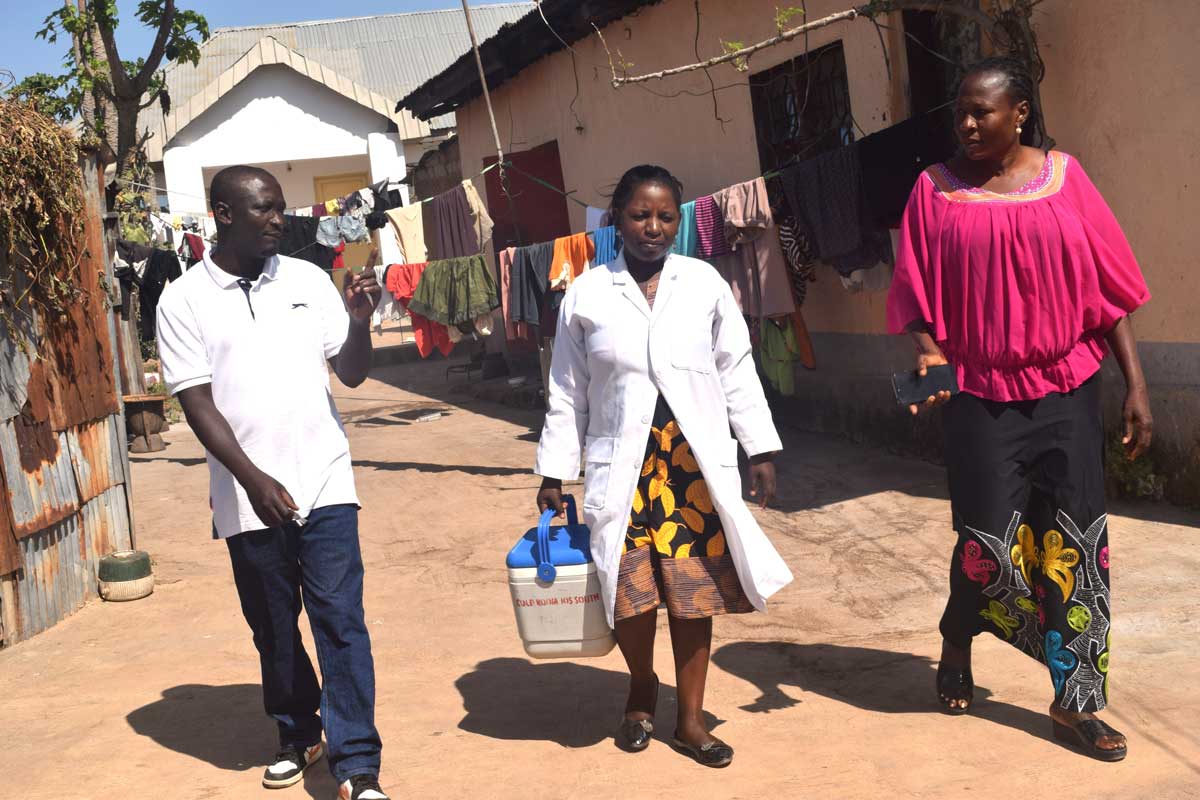
The fight against misinformation, however, is ongoing. Sila acknowledges that it’s a constant battle, especially in the age of social media. “We face many challenges. There are sceptics, but we continue to educate, engage and show the truth. Every girl in my community deserves to be protected,” he said.
As part of his efforts, Sila has worked tirelessly with local health workers and school administrators to ensure that every eligible child is vaccinated. “We go to schools, talk to the heads, and make sure every child gets the vaccine they need to stay safe,” he said. “We are protecting the future of our community, and these children are the leaders of tomorrow.”
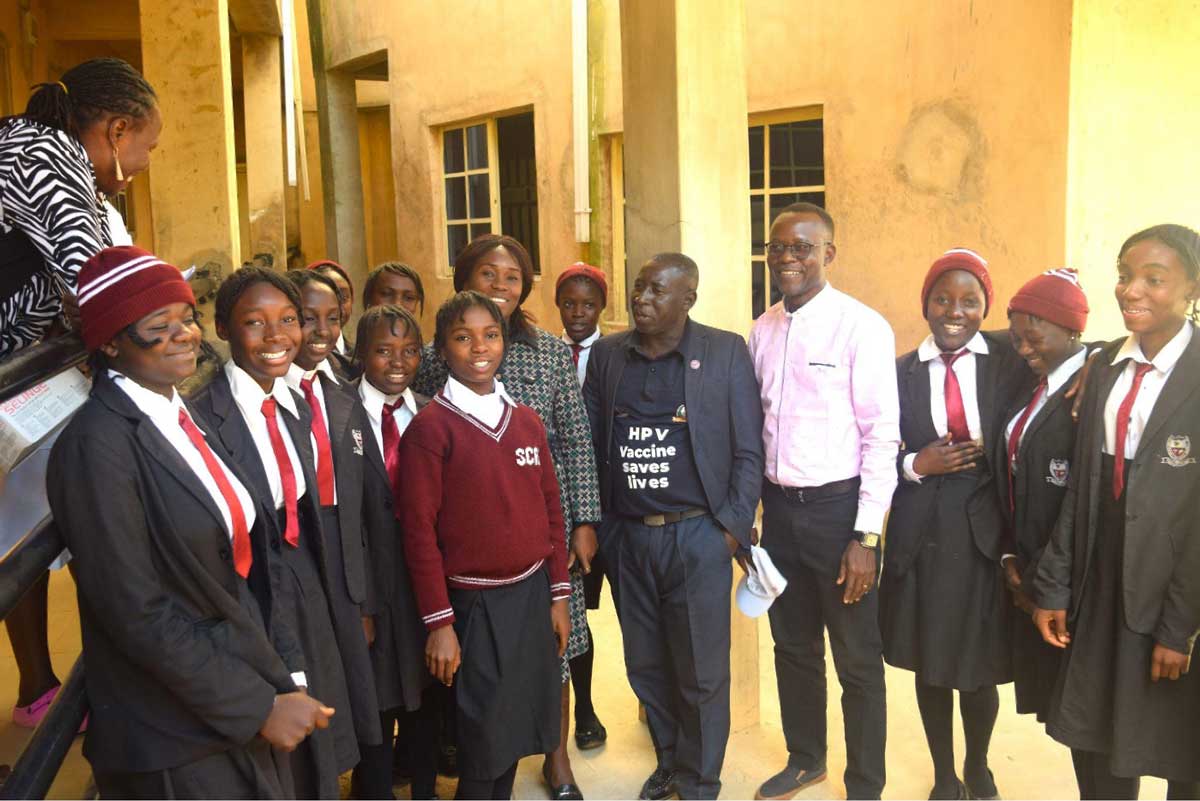
Sila’s leadership has contributed significantly to the success of Nigeria’s HPV vaccination campaign. He collaborates with the HPV Vaccine Acceleration Program Partners Initiative (HAPPI) project, which supports his efforts by providing or arranging the necessary logistical and technical support, including educational materials, and connecting him with health workers for community mobilisation, education and vaccination activities. Through the HAPPI project, supported by the Gates Foundation and implemented in Nigeria by JSI and the Clinton Health Access Initiative, over 12 million girls have been vaccinated across the country. Michael’s efforts in Topp Rayfield have been instrumental in reaching a higher percentage of girls in his area.
For him, this work isn’t just about vaccines; it’s about his promise to his community. As he reflects on his journey, Sila’s voice carries both the weight of his responsibility and hope for a healthier future. “I want to ensure that the next generation is healthy, safe and ready to lead. And I will continue to fight for them every step of the way.”
